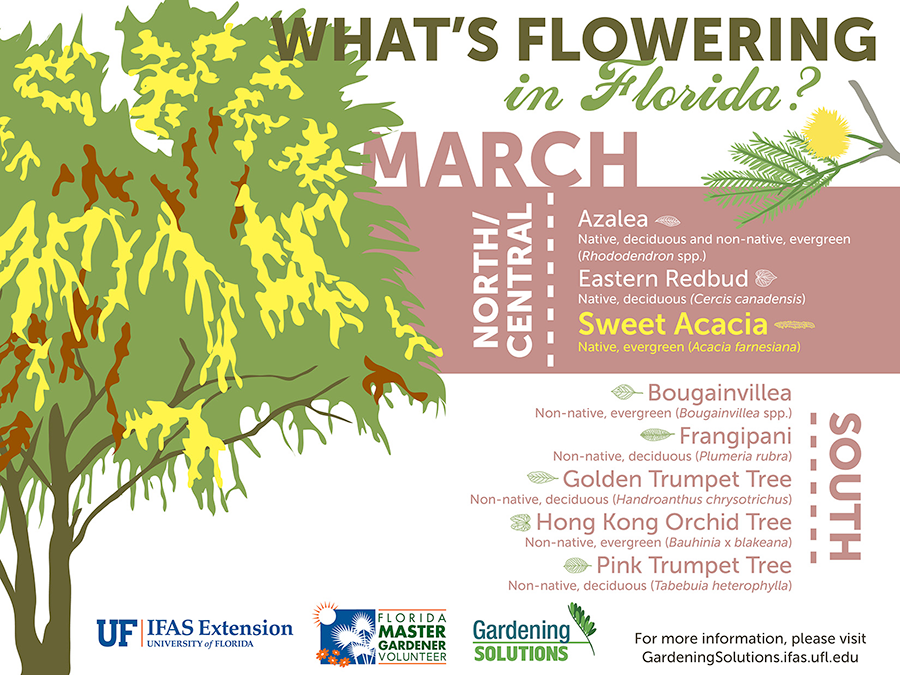The Consequences Of Getting Rid Of Trees On The Ecological Community: What You Need To Understand
The Consequences Of Getting Rid Of Trees On The Ecological Community: What You Need To Understand
Blog Article
Uploaded By-Kryger Lake
When it comes to the ecological effect of tree elimination, there are crucial aspects that demand your attention. From the complex web of partnerships within ecological communities to the succeeding results on climate patterns, the consequences are extensive. You may be surprised to discover the intricate methods which the elimination of trees can resound throughout the setting. Stay tuned to decipher the intricate links and ramifications of this seemingly uncomplicated act.
Logging and Environment Loss
Logging and habitat loss are vital concerns originating from tree removal. When trees are lowered, it interferes with entire ecological communities. Not just are the trees themselves lost, but the homes and food resources of many plant and pet types are damaged as well. Birds shed their nesting websites, creatures lose their shelter, and pests shed their habitats. The results ripple with the food cycle, influencing killers and victim alike.
Furthermore, deforestation adds to climate adjustment. Trees play an essential function in taking in carbon dioxide, a greenhouse gas that traps heat in the ambience. With fewer trees, there's less carbon dioxide absorption, bring about boosted degrees of this gas in the environment and aggravating worldwide warming.
Habitat loss is a direct outcome of logging, as the damage of forests implies the loss of distinct and varied ecological communities. Several types are unable to adjust to quick modifications in their setting, bring about populace decreases and, in some cases, termination.
Securing please click the next page is vital to maintaining the fragile equilibrium of nature and ensuring the survival of plenty of plant and pet varieties.
Impact on Biodiversity
The removal of trees has a considerable influence on biodiversity, impacting the variety and wealth of plant and pet species in a location. Trees provide environment and food resources for numerous organisms, from bugs to birds to creatures. When trees are gotten rid of, these types shed their homes and resources of food, leading to a decrease in their populaces. This disruption can have cascading effects on the whole ecological community.
Furthermore, trees play a crucial function in preserving biodiversity by producing microhabitats within their covers, trunks, and roots that support a wide variety of species. When trees are lowered, these specialized settings are damaged, decreasing the general variety of the area.
Furthermore, the elimination of trees can cause a decrease in hereditary variety within plant populations, as certain tree types might no longer have the ability to recreate or spread efficiently. Protecting trees and forests is vital for preserving biodiversity and ensuring the health of ecosystems for future generations.
Dirt Erosion and Environment Change
With trees being eliminated from an area, the interruption of dirt structure and stability takes place, bring about boosted dirt erosion. Trees play an essential role in stopping disintegration by holding soil in position with their origin systems. When trees are eliminated, particularly in great deals, the soil becomes extra susceptible to erosion from wind and water. This erosion not just influences the immediate environments but can also bring about sedimentation in neighboring water bodies, influencing water top quality and marine environments.
Additionally, trees aid control the environment by absorbing co2 throughout photosynthesis. When trees are lowered, this natural carbon sink is lessened, contributing to increased levels of greenhouse gases in the environment. This can intensify environment adjustment, causing more extreme climate occasions and disruptions in ecosystems worldwide.
For that reason, the elimination of trees not only accelerates dirt disintegration but additionally contributes in the larger environmental issue of environment change. It's critical to consider these variables when analyzing the impacts of tree removal on the atmosphere.
Verdict
Since you know the environmental effect of tree removal, consider the repercussions prior to lowering trees. When To Prune A Tree , reduces biodiversity, and adds to dirt erosion and environment change. By being mindful of the effect of tree removal, you can help shield our environment and protect the delicate balance of nature. Make educated choices and take into consideration different services to minimize the unfavorable results on our earth.
